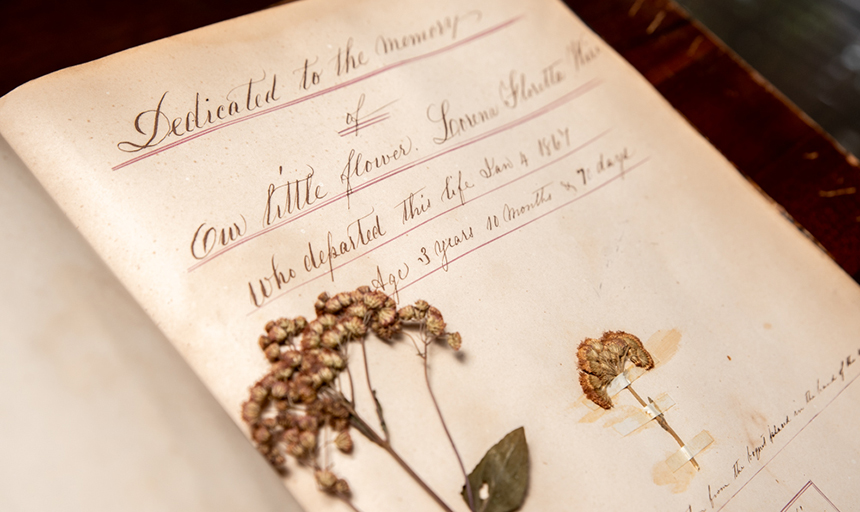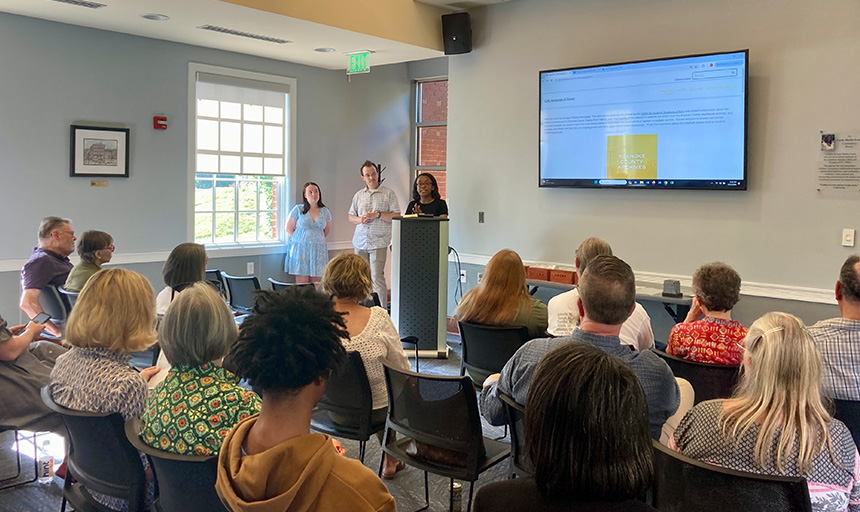Public History
Available as a concentration
Public History is a real-world discipline where history is interpreted for the public. The field includes the areas of historic preservation, cultural resource management, archival science, heritage tourism, oral history and museum curatorship.
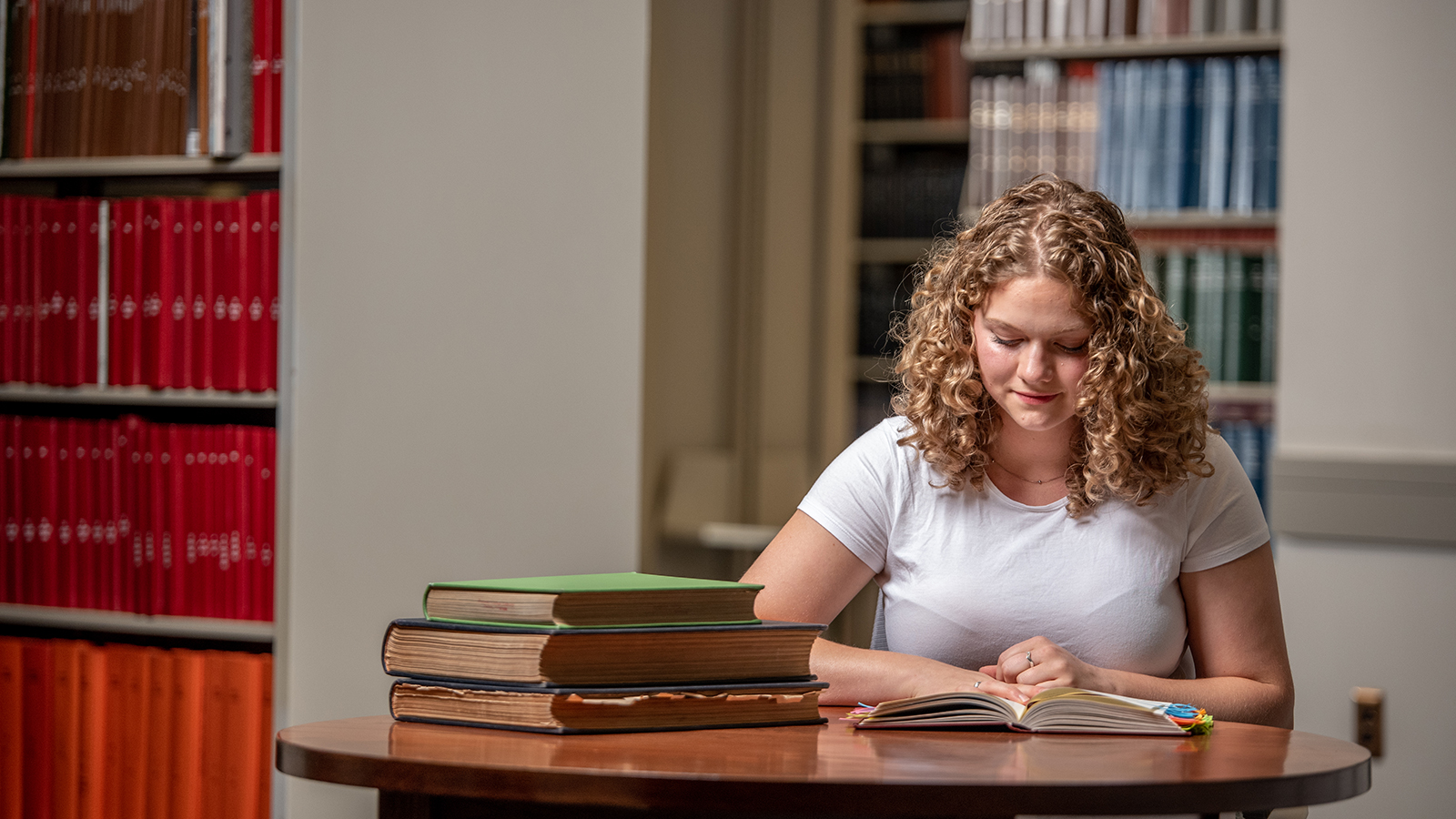
Curriculum & Courses
Sample Course Offerings
HIST 205: Introduction to Public History
HIST 207: American Material Culture
HIST 365: Issues in 19th Century America
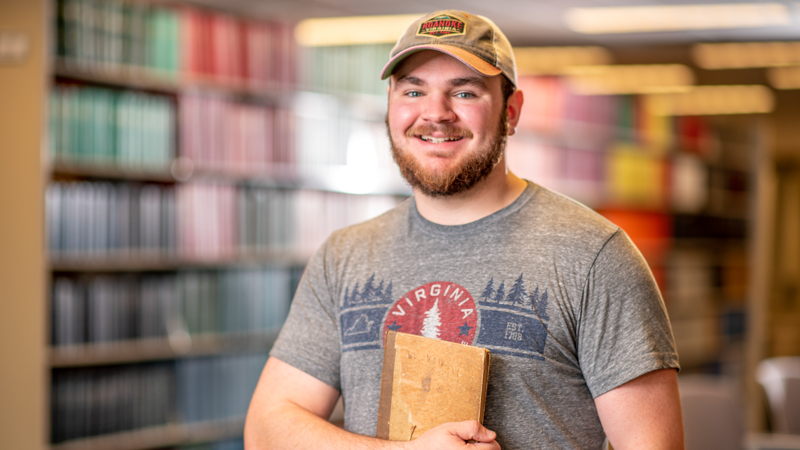
Learn By Doing
Work to Preserve Documents Provides Unique Teaching Opportunity

Dr. G. Samantha Rosenthal, along with students in the Introduction to Public History class, spent weeks digitizing newspaper clippings detailing the history of desegregation, racism and the overall racial history of the city of Salem. It was a unique way to explore such a charged topic.
"As their professor, I'm very impressed that they've developed such an understanding of local history and such a compassionate understanding of the diversity of people's experience over time," Rosenthal said. "We could have just as easily read a bunch of books and sat around the class, but I do think this kind of public engagement is what an education should look like."

While the field of public history has been led by brick-and-mortar institutions, there's a growing movement to create digital experiences through websites and apps for historical archives, online museums and virtual tours.
Student Experiences
A world of opportunity
“My research really opened up my eyes to the opportunities for heritage tourism," said Kathleen Ouyang ’13, a Fulbright Scholar.
Study Abroad
May Term 2018: The Future of History in New York
This course examined the urban change in New York City through engagement with community leaders, historic preservationists, anti-gentrification activists, and others fighting to preserve the city's diverse pasts and create a more inclusive and just future.







Yucatán Semester Program
Roanoke has a special semester-long, faculty-led program in the Yucatán Peninsula in Mexico. Students take classes with their professor, go on cultural excursions, experience language immersion and perform service projects. Learn more.
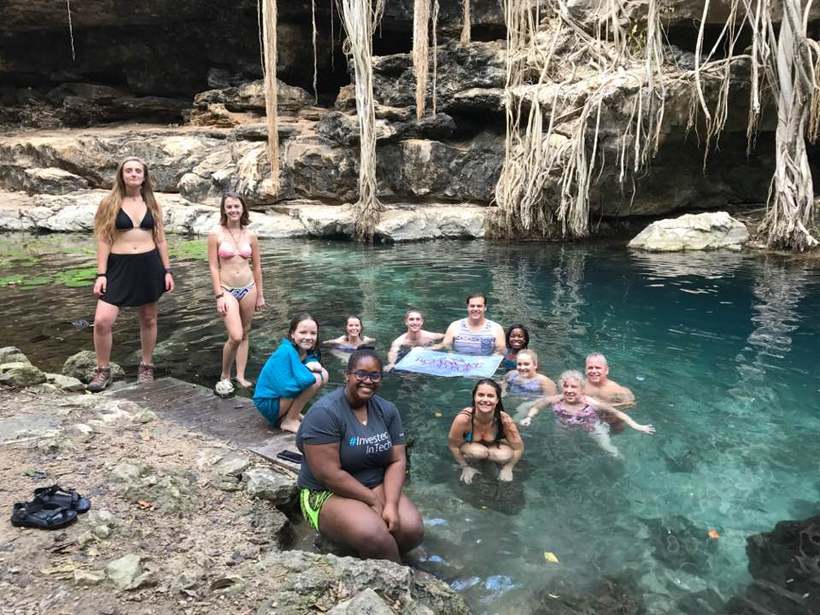
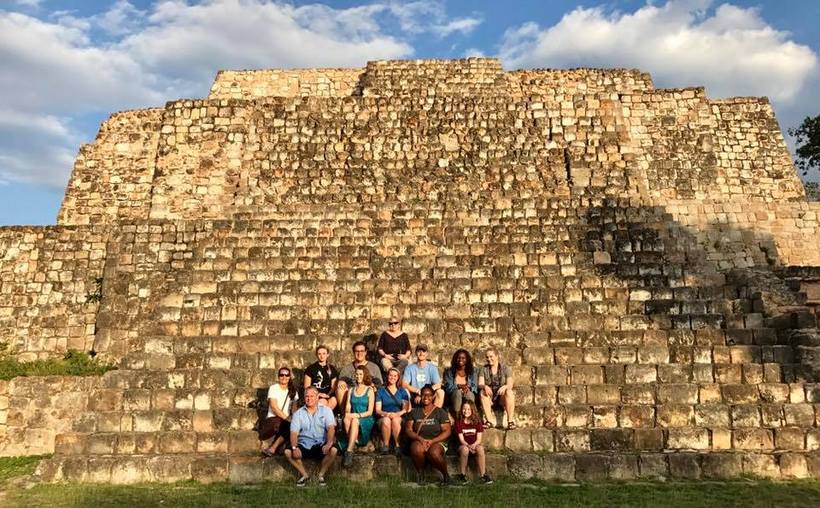
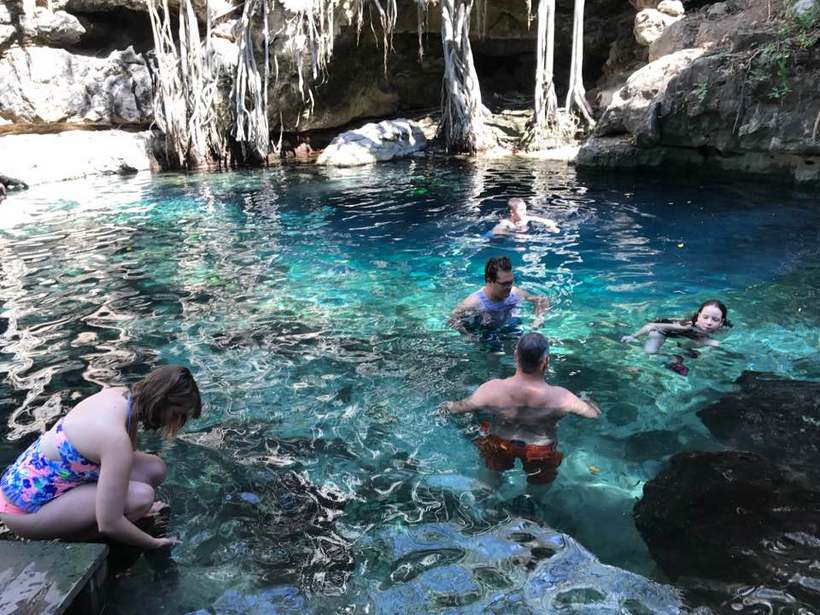
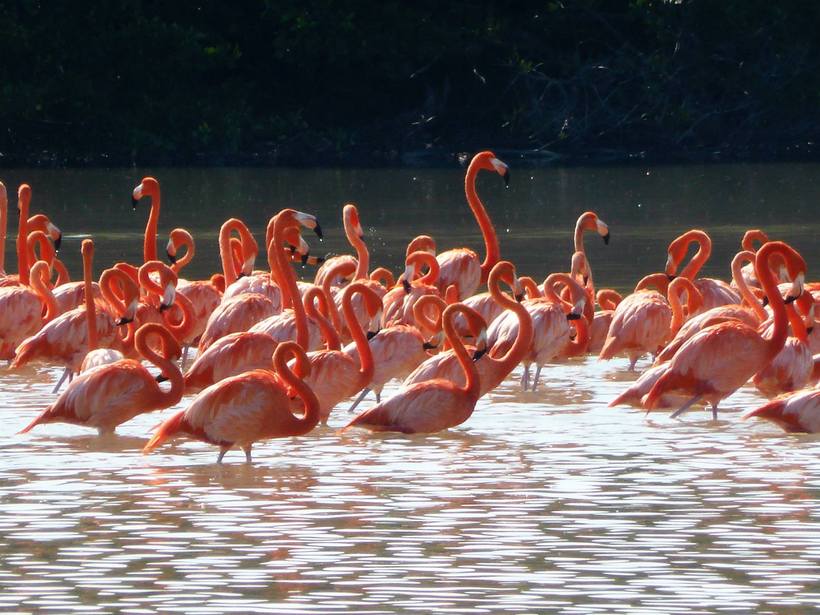
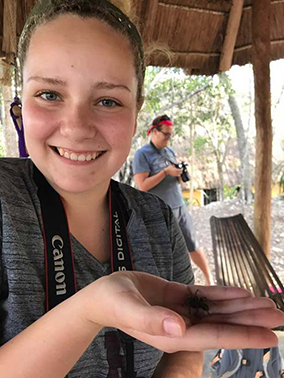
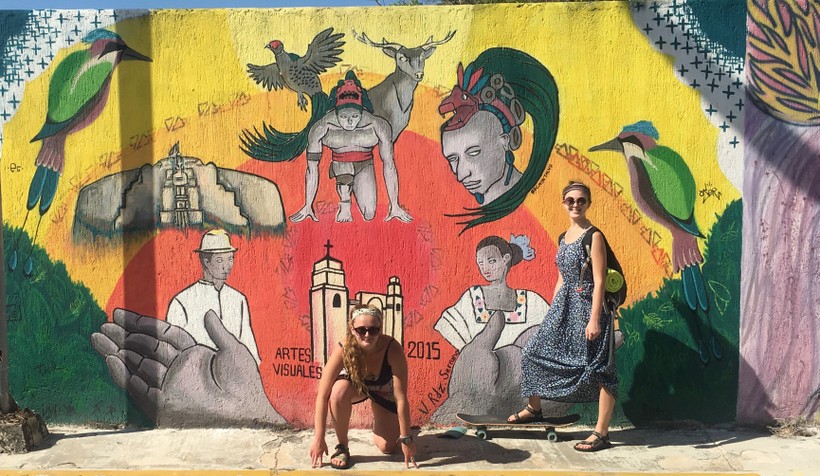
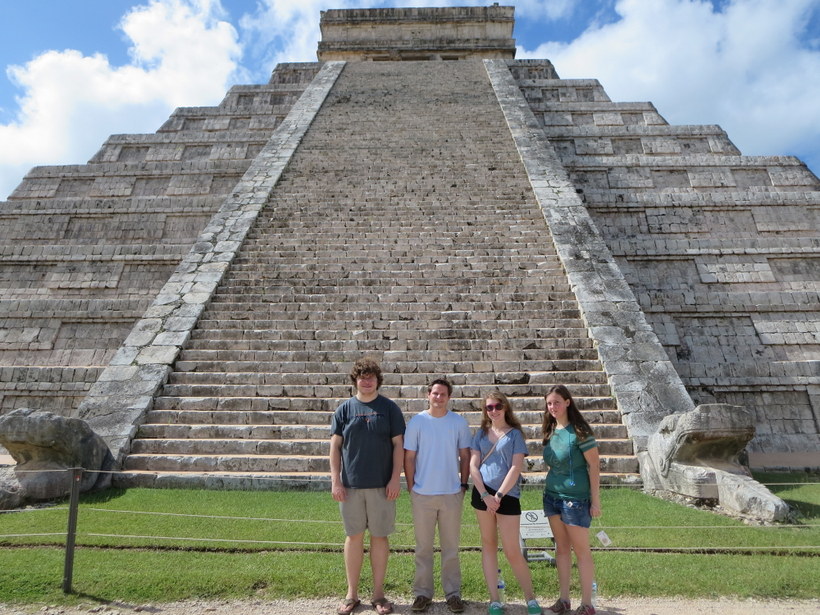
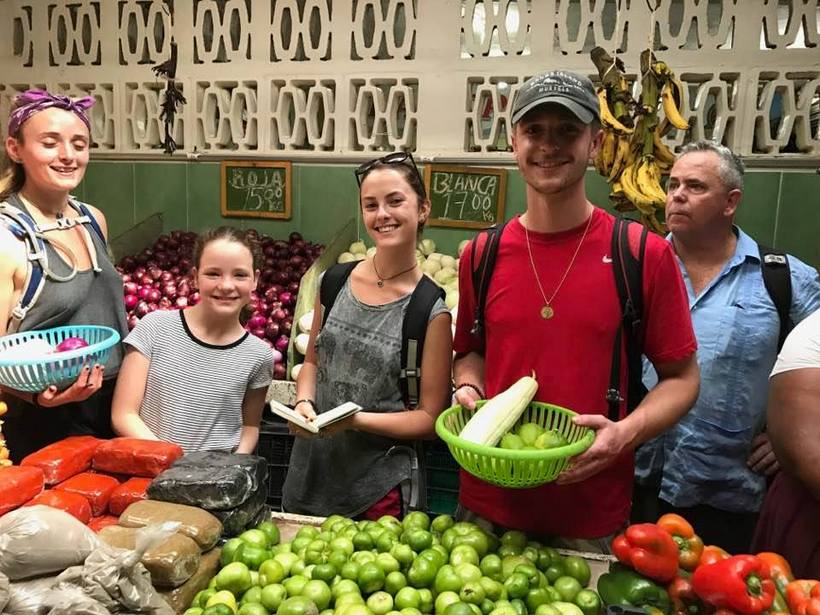
Making A Difference
-
More than 150 years ago, a Roanoke College student painstakingly created a book of delicate plant specimens that today contributes to our understanding of the undergraduate research of yore.
-
The $100,000 grant will support in-depth learning opportunities including research taking place this summer.
Careers & Outcomes
Stories from Davey Jones' Locker

Kim Eslinger '98 entered Roanoke College with the intention of becoming a doctor. At the end of her freshman year, after taking an honors class, Turning Points, Eslinger decided she wanted to pursue history. By the end of her junior year, she announced her decision to study shipwrecks.
After graduating from Roanoke, she pursued a career in marine archaeology. Eslinger's fieldwork includes the Queen Anne's Revenge (Blackbeard's flagship), USS Monitor and SS Commodore projects. Each project employed Eslinger's skills in various manners, with her primary work being conducted in the laboratory.
"My degree in history from Roanoke College taught me the importance of untold stories, but my minor in theatre arts gave me an appreciation for the people themselves," Eslinger said. "Archaeology is much like that; it takes the historical record and uses it as a guide. I use the scraps people have lost over their lives and use them to fill out the picture of who they really were."
News
-
Summer Scholars is a competitive program that offers paid research positions and enables students to do a deep dive into an original topic.
-
Catch up on the latest news from our remarkable faculty members.
-
Clover Archer devoted months of research to a new exhibit co-sponsored by the Center for Studying Structures of Race and Olin Hall Galleries.
At Roanoke, you'll have opportunities to work with professors and local historical institutions to conduct research and gain valuable firsthand experience in the field. The Roanoke Valley is rich with history and has a strong tradition of historic preservation — and a number of historical museums.
Many of our History Department graduates have gone on to careers in public history, working at the National Archives and Records Administration, the Smithsonian and the National Museum of the Marine Corps.
We offer a concentration in Public History.
